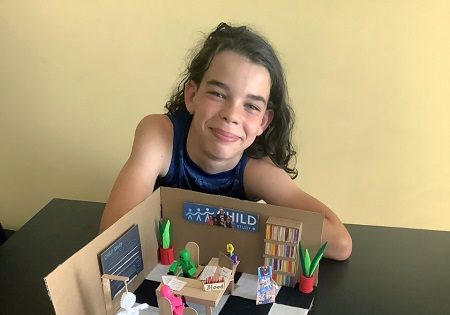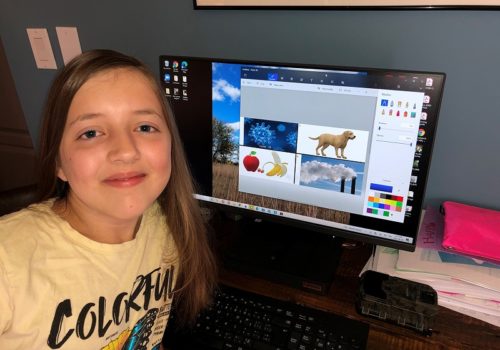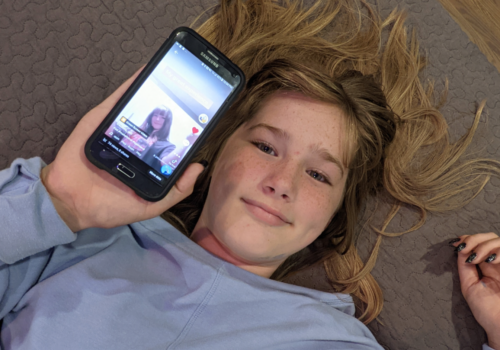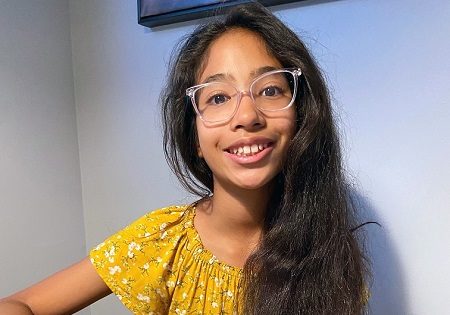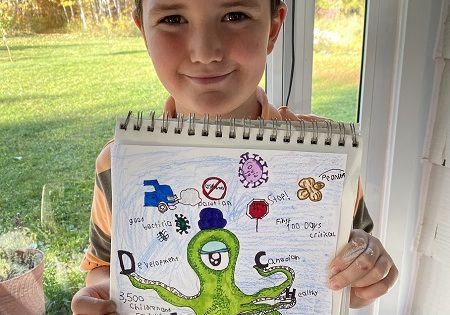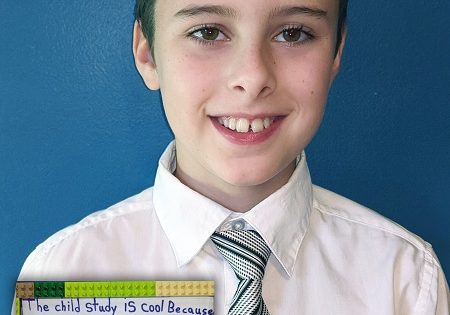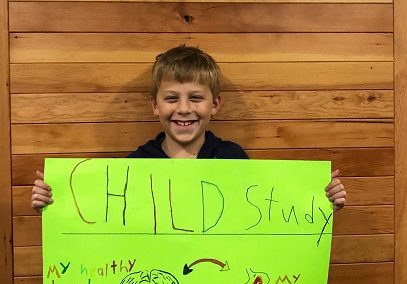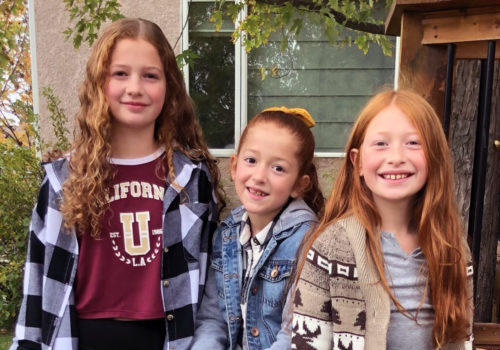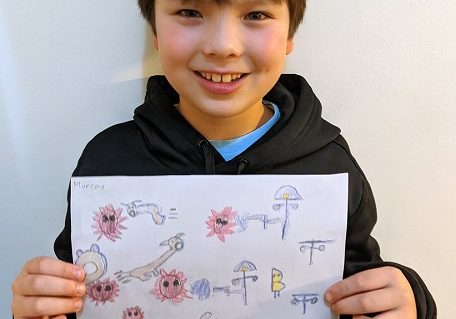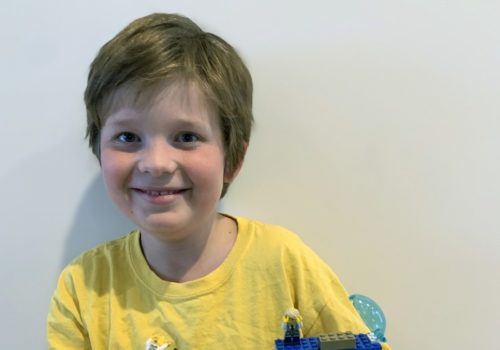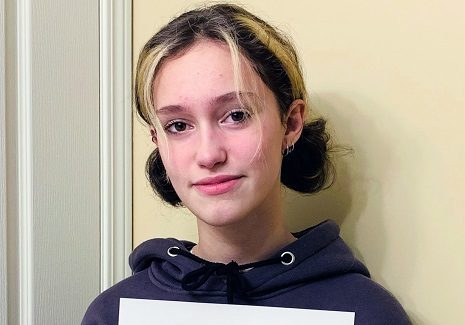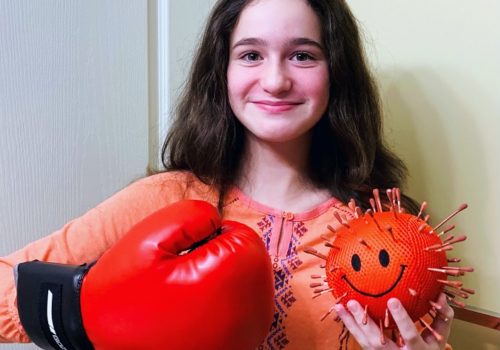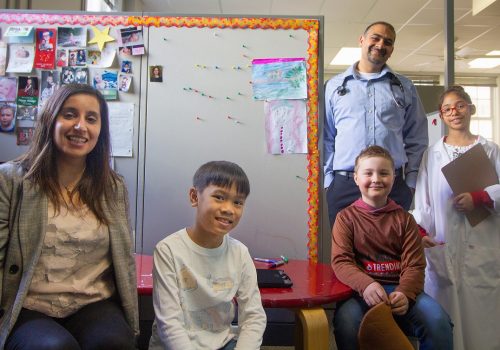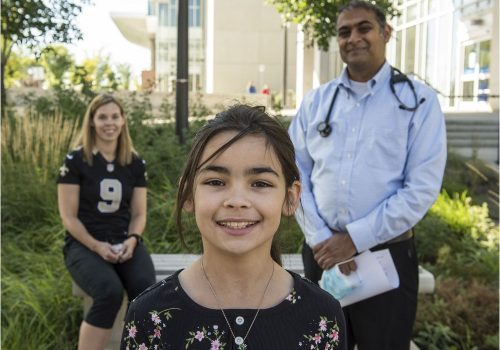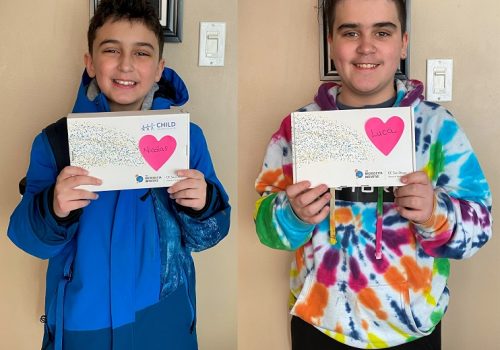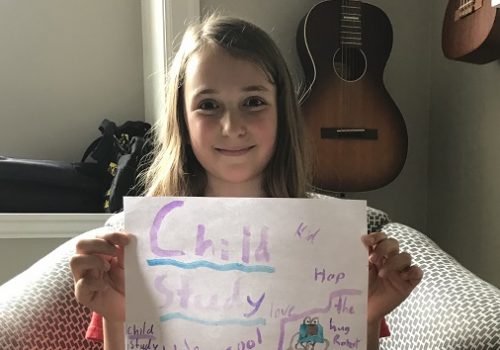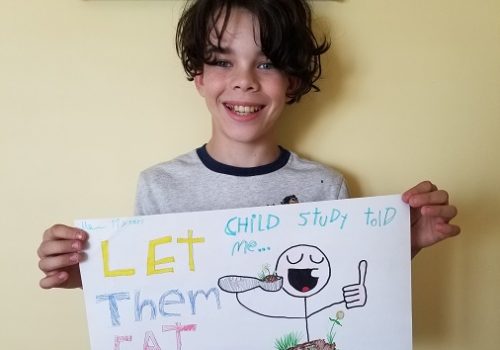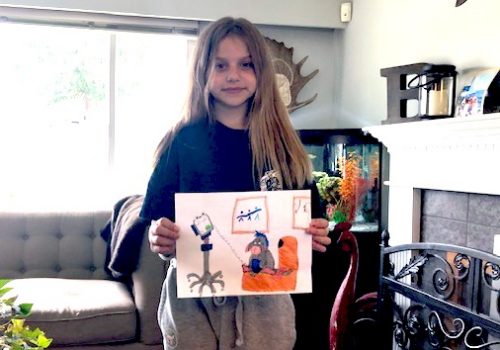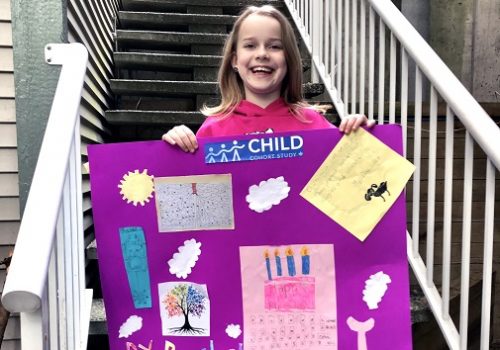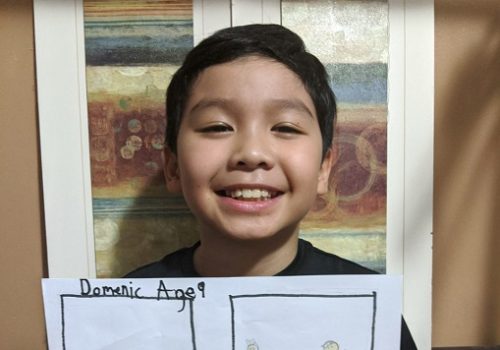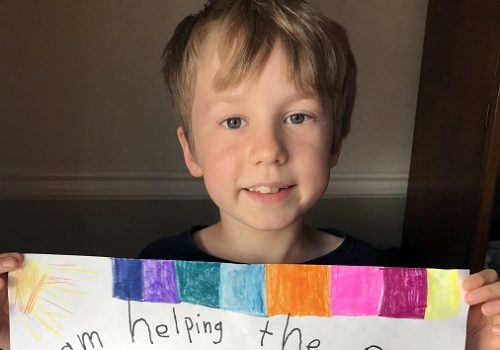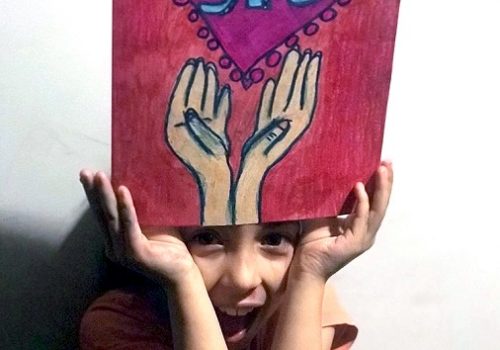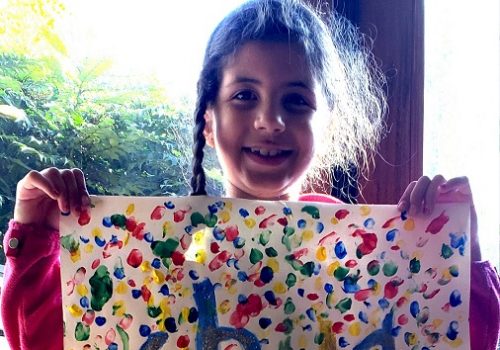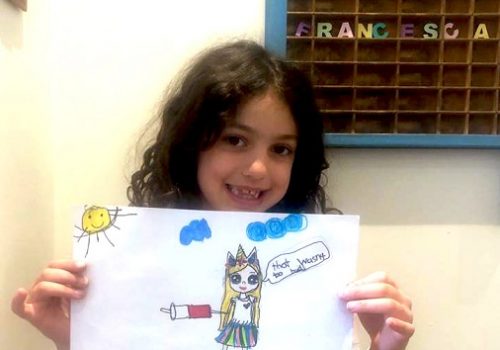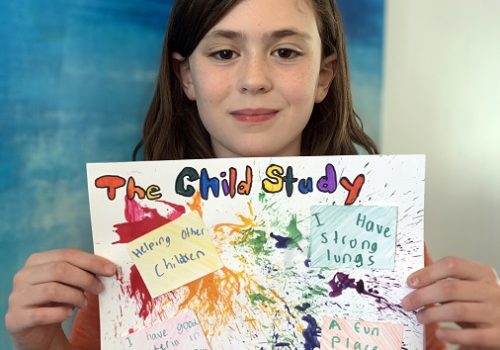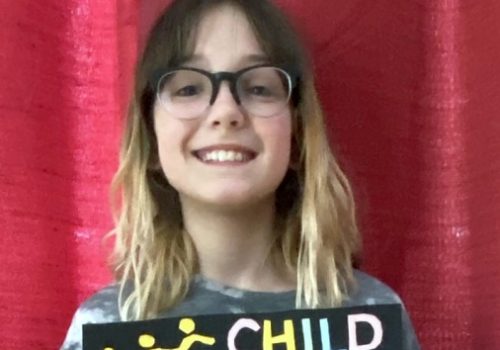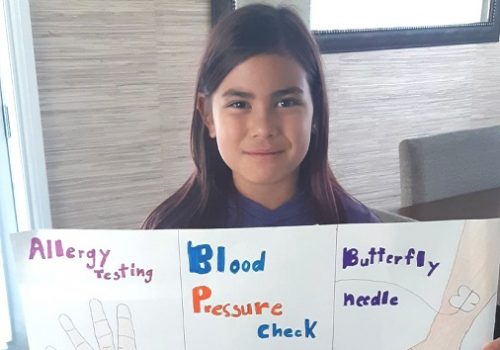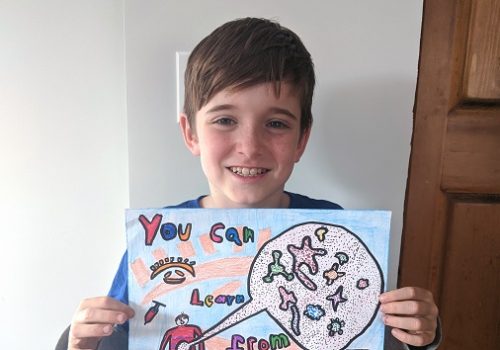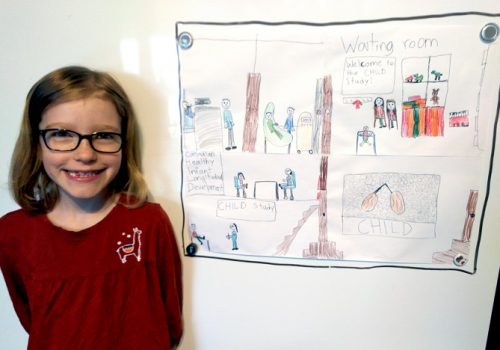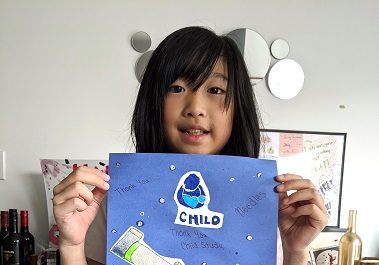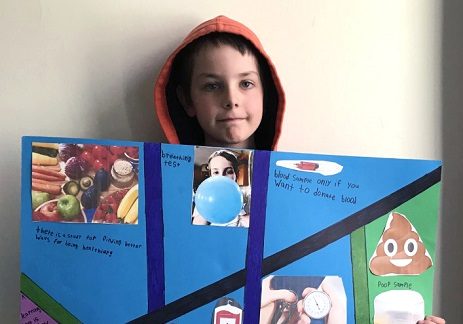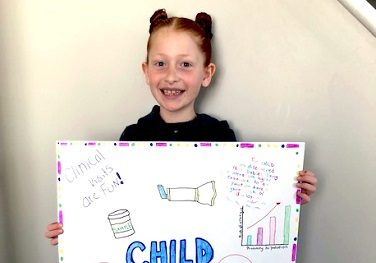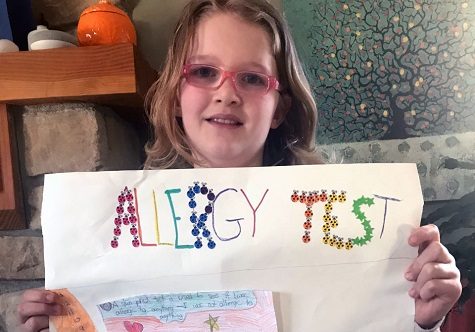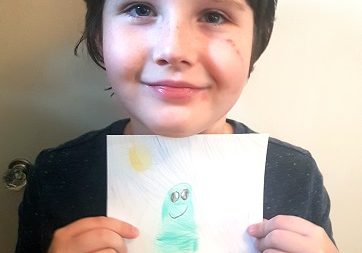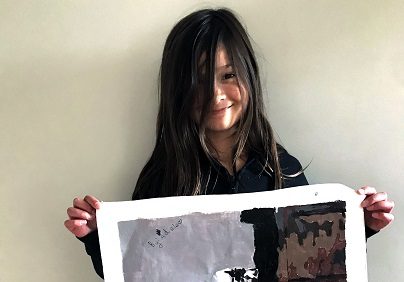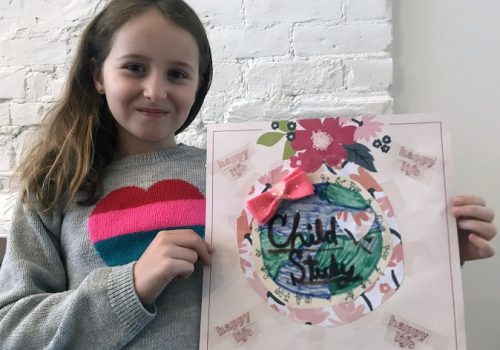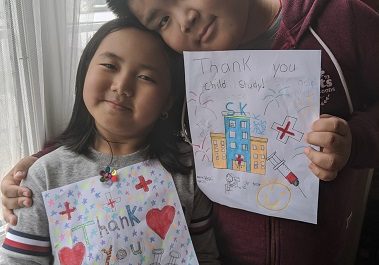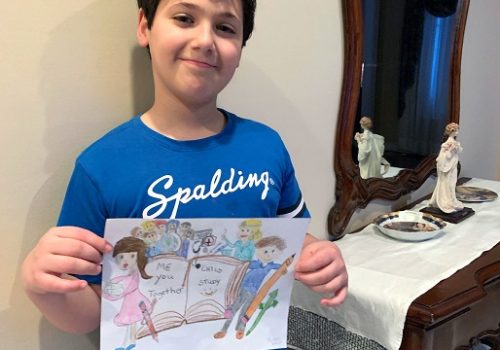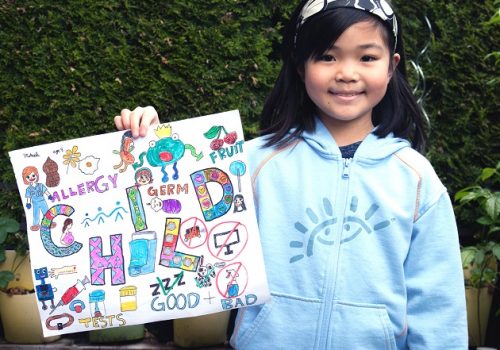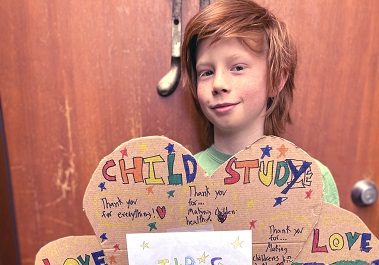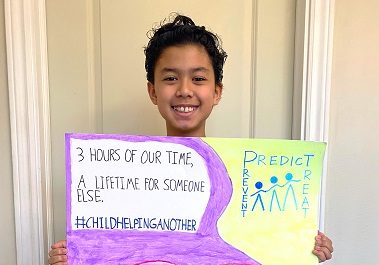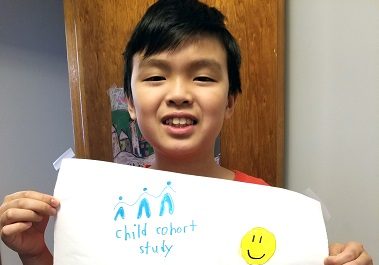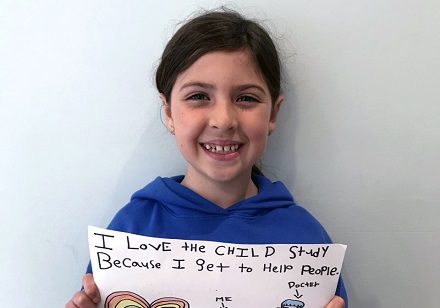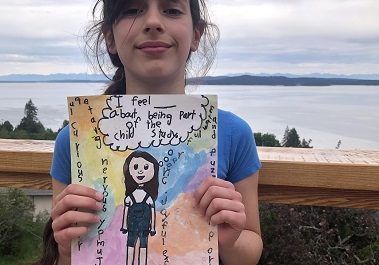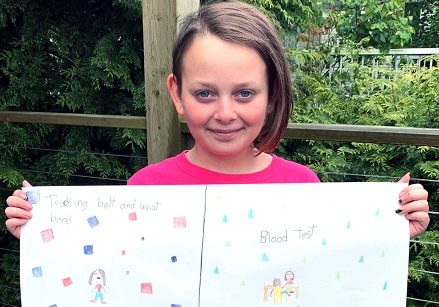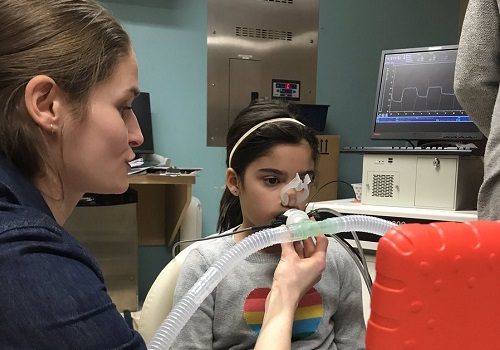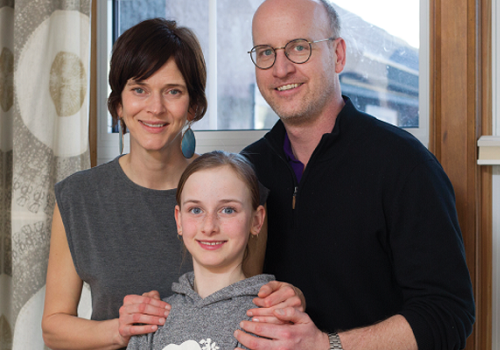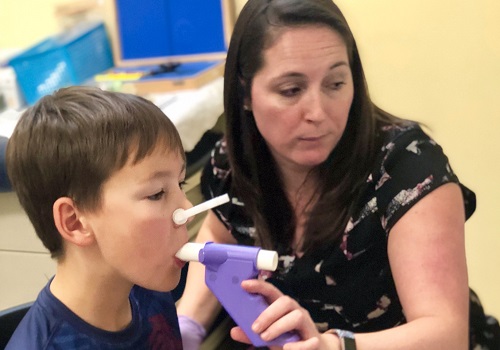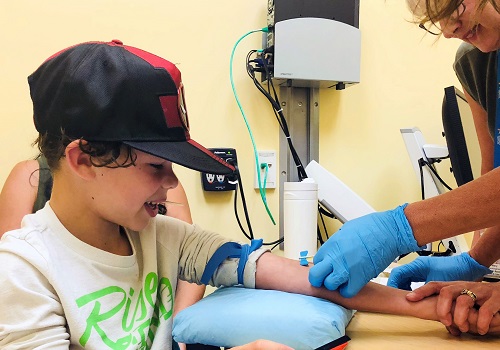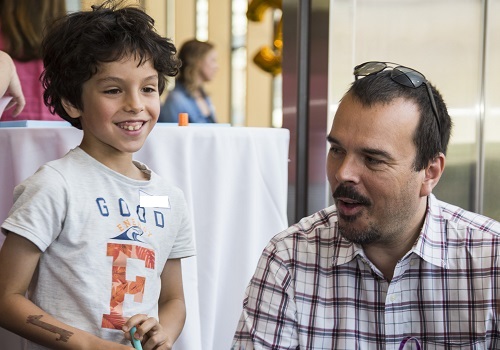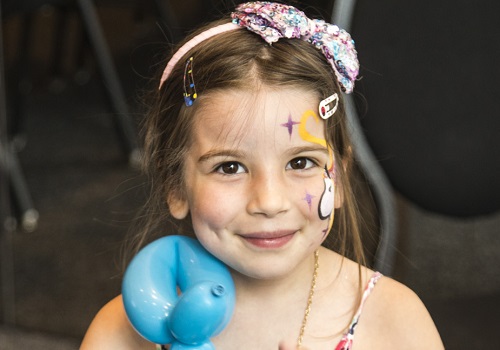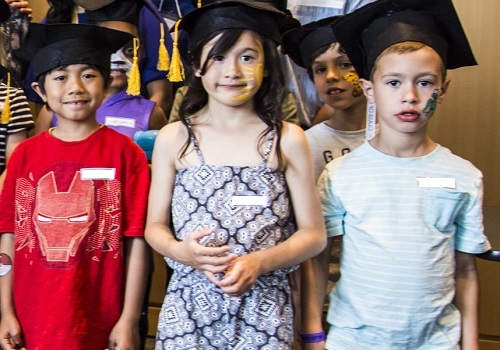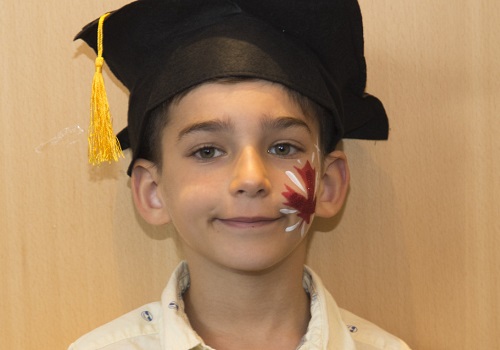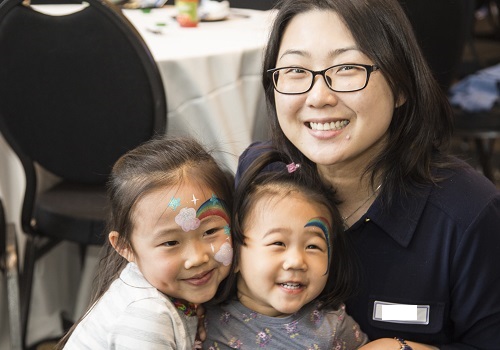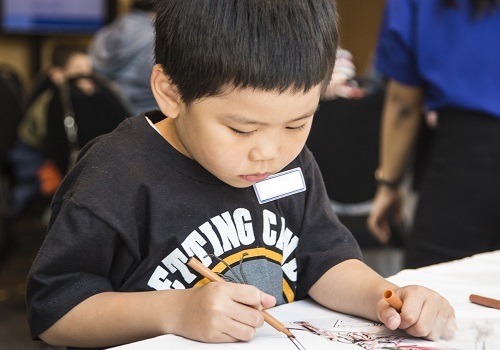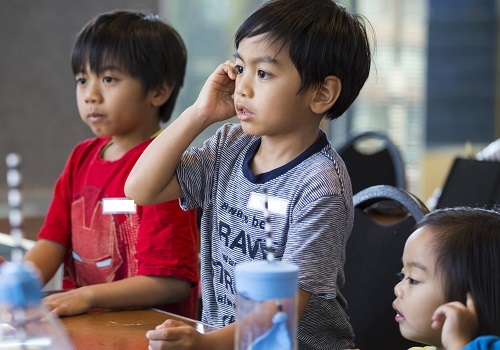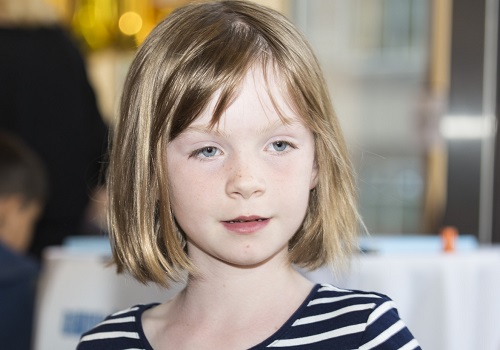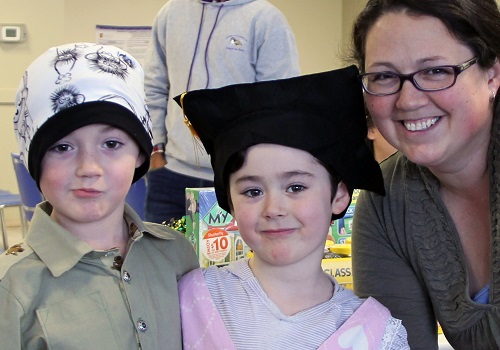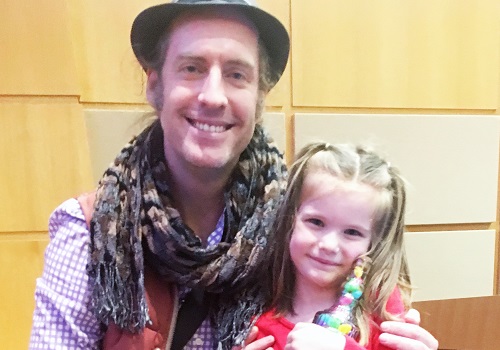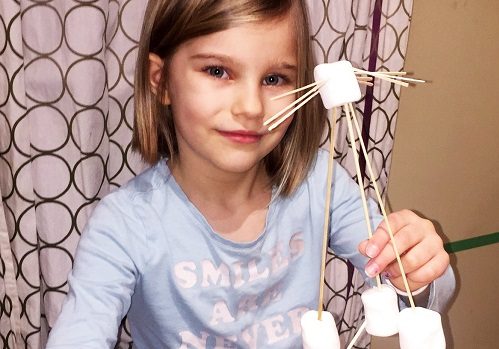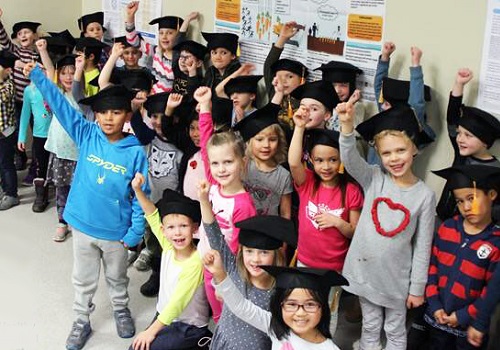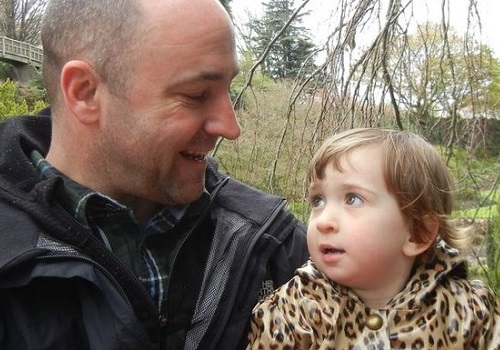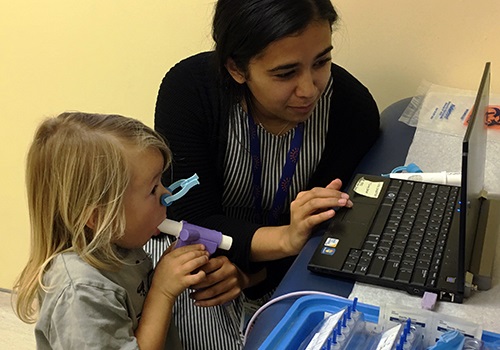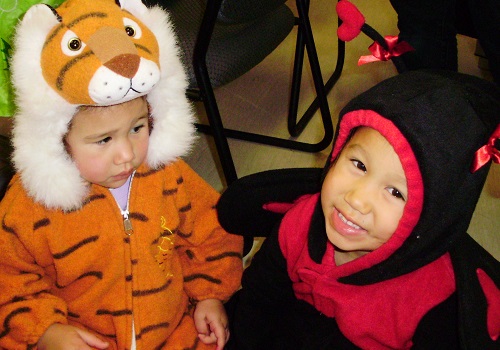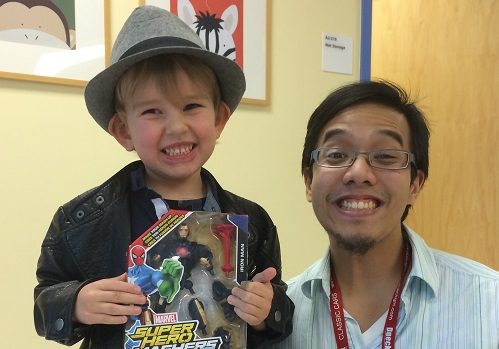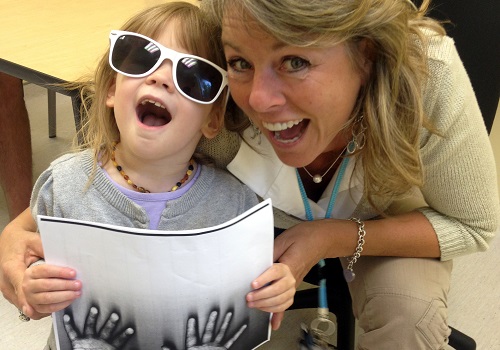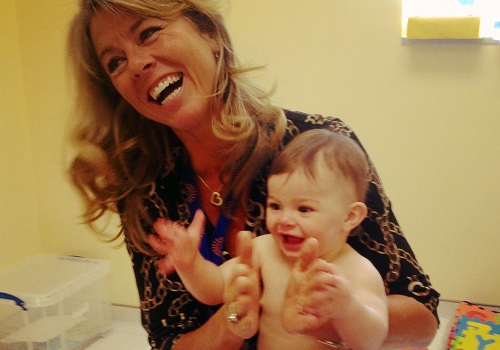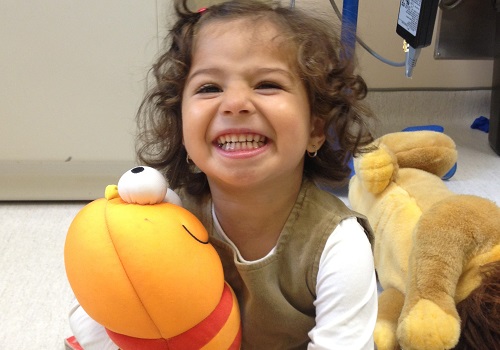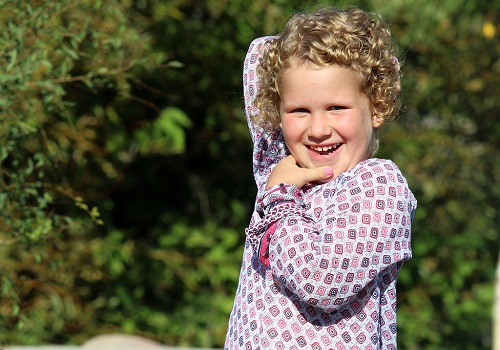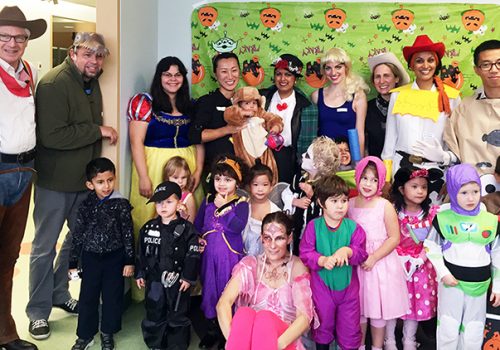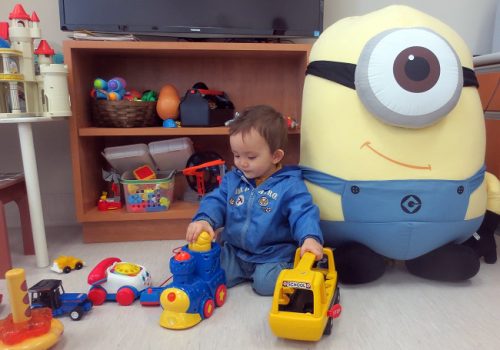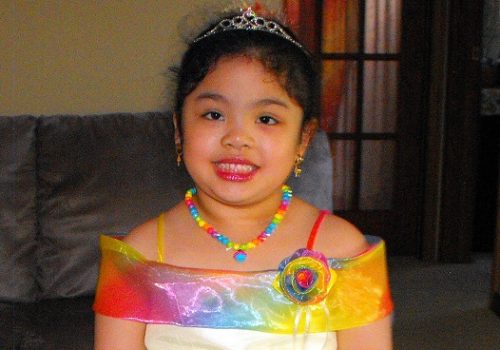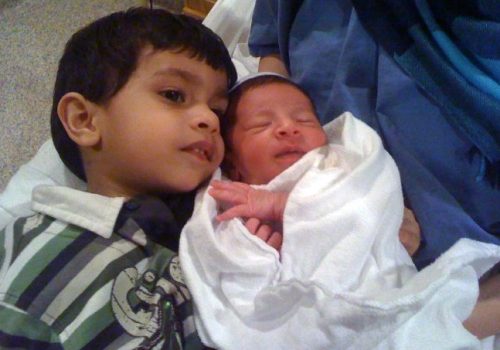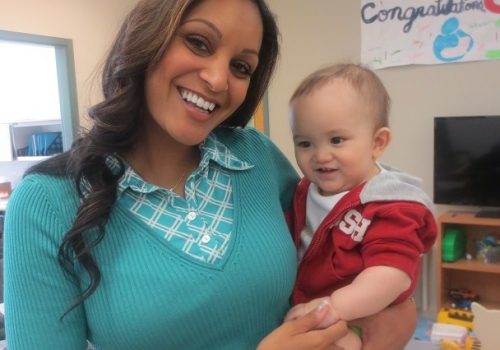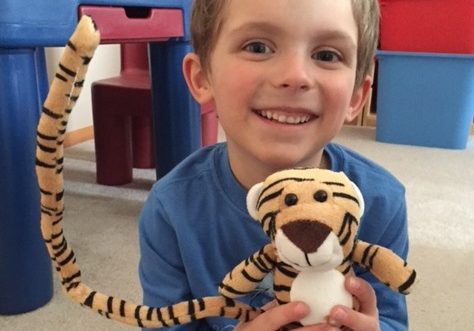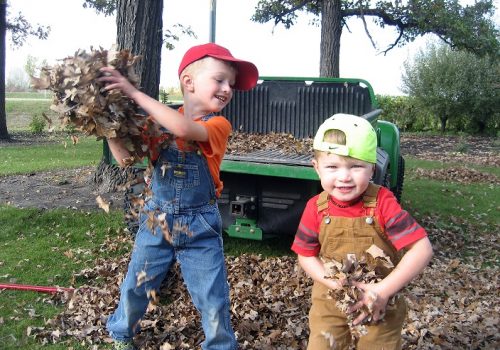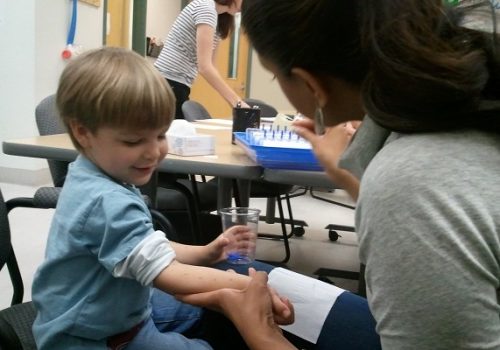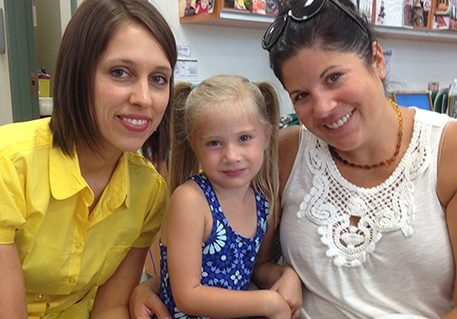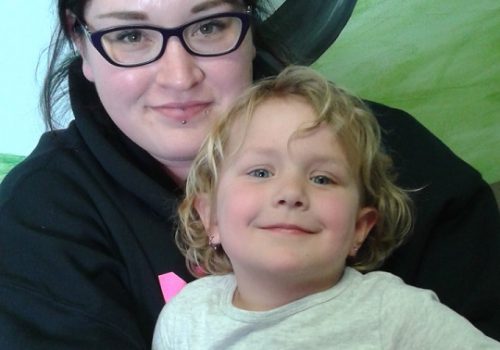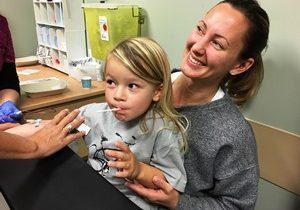
PARTICIPANT HUB
Resources for CHILD youth & families

PARTICIPANT HUB
Resources for CHILD youth & families
Welcome CHILD youth & family participants!
This is your space on the CHILD website.
Below are links to resources developed specifically for you.
These resources aim to:
- inform you about your role as research subjects: what to expect at your next CHILD visit; why we collect from you the things we do; why your contributions are so important and how they are advancing our knowledge about the early-life origins of health and disease.
- strengthen and celebrate your place in the CHILD community: to acknowledge you, to connect you with other Study participants, and to provide you opportunities to get more involved with Study planning and the sharing of CHILD research findings.
Let us know if there’s anything else you’d like to see here. We’re eager to please! After all, you are the most valuable contributors to CHILD. You are literally irreplacable.
Clinical Participation
Your involvement as research subjects
Community Participation
Your involvement as members of CHILD
Resume & LinkedIn profile summaries: Get recognition for your participation in CHILD
Resume & LinkedIn profile summaries: Get recognition for your participation in CHILD
Your participation in CHILD counts!
Not only does your participation add value to the Study, it reflects well on your character and requires valued qualities and skills: generosity, patience, discipline, attentiveness, etc.
From clinic visits, you are also learning about the scientific process, research techniques, and clinical testing procedures.
Those of you participating in a CHILD Committee or the CHILD Youth Advisory Council also gain skills in communication, meeting facilitation, concensus-building and leadership.
This all deserves recognition!
Beyond our thanks, another way of having your experience with CHILD recognized is by including it when describing your employment qualifications. For this, we offer some wording below to add to your resume and/or LinkedIn profile.
SUMMARIES:
Research Contributor | CHILD Cohort Study
Enrolled: [insert Birth Year] – Present- Ongoing Participant in a landmark Canadian health study tracking over 3,400 children from birth to understand how early-life experiences shape lifelong health.
- Volunteering time at repeated study visits every across childhood and adolescence (often up to 6 hours per visit) including health assessments, biological sampling, and detailed questionnaires.
- Engaging with research staff throughout study visits, helping build a unique dataset that has advanced understanding of asthma, allergies, mental health, and other chronic conditions.
- Supporting research that informs clinical practice, public health policy, and long-term strategies to improve child and family well-being.
Youth Advisory Council Member | CHILD Cohort Study
[Start date] – Present- Collaborating with researchers and fellow study youth across Canada to shape study priorities and ensure youth perspectives are reflected in research on youth’s health.
- Co-designing and providing feedback on study protocols, consent forms, questionnaires, participant engagement strategies, and knowledge mobilization tools to improve clarity, accessibility, and youth relevance.
- Actively participating in regular virtual meetings, sharing lived experiences, asking questions, and making recommendations to promote inclusive, youth-friendly research practices.
NPEC (National Participant Engagement Committee) PARTICIPATION
text
text
text
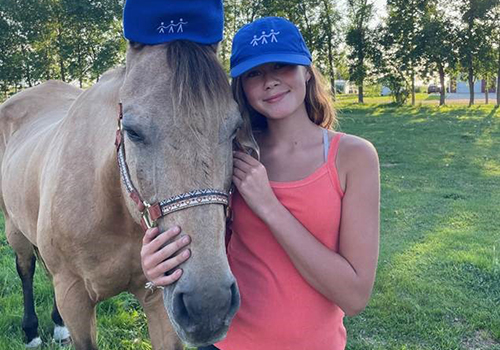
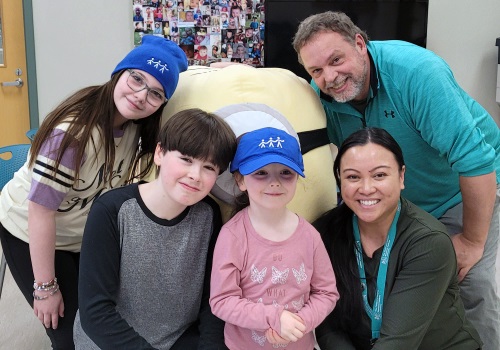
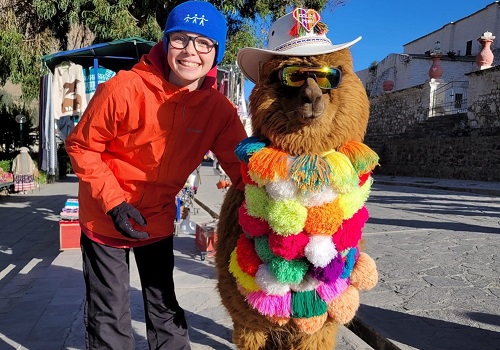
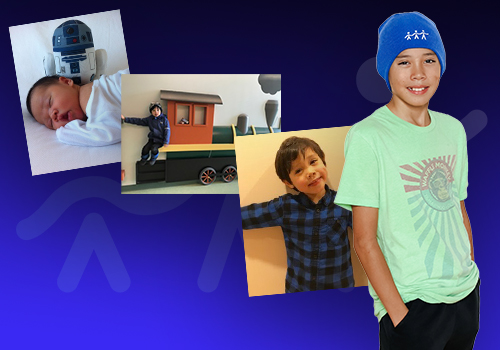
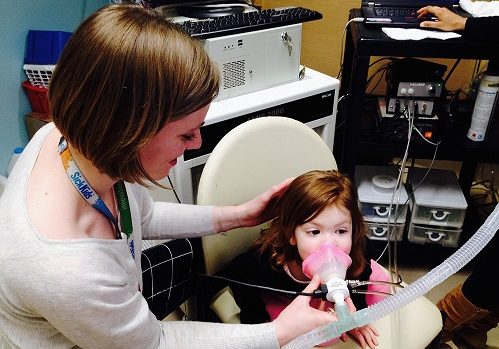
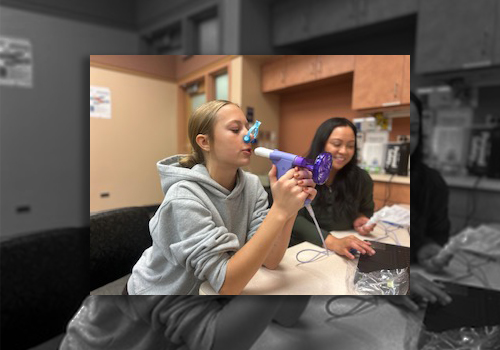
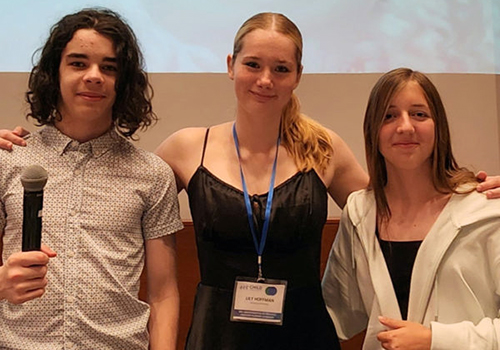
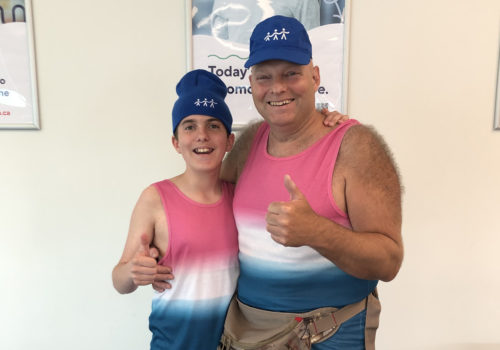
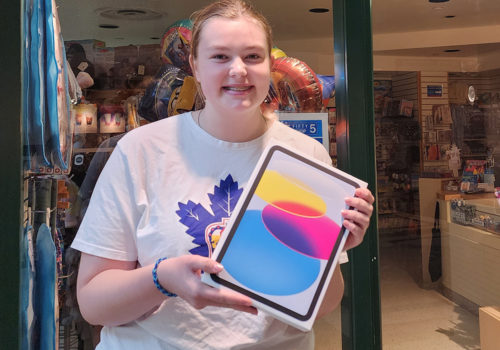
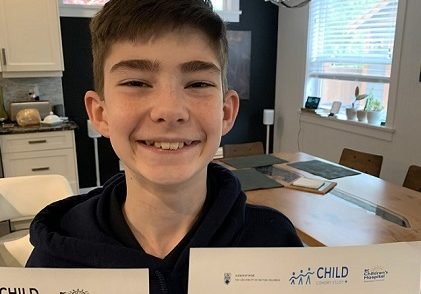
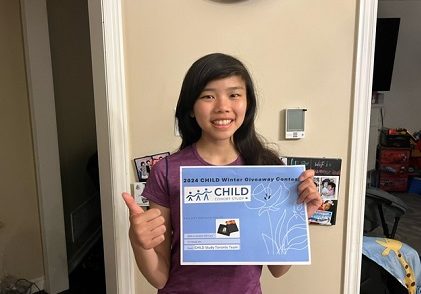
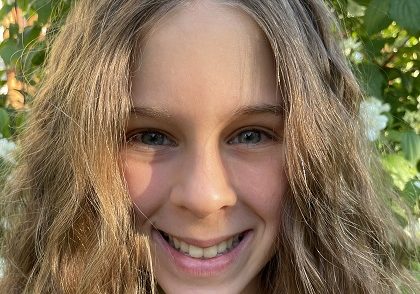
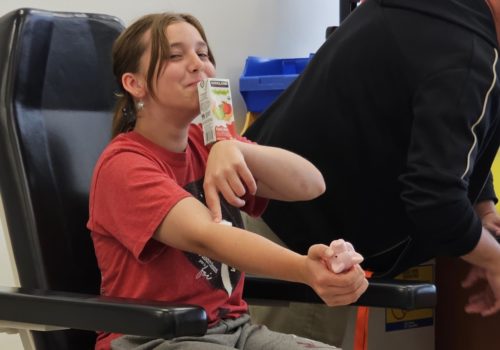 Manitoba: A brave Study participant smiles after giving a blood sample
Manitoba: A brave Study participant smiles after giving a blood sample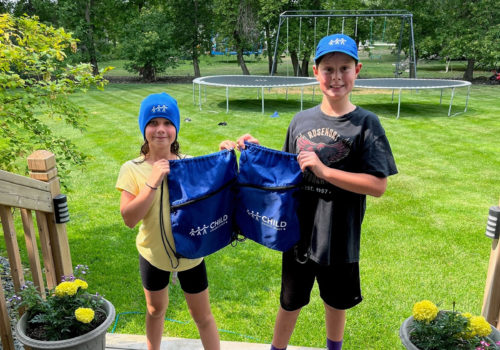
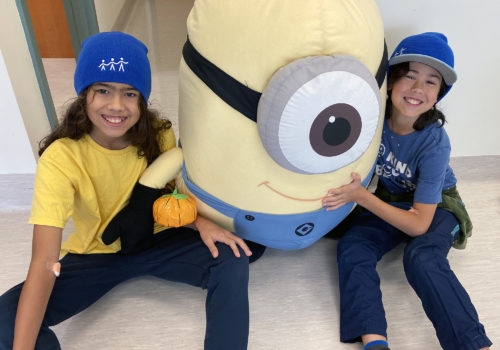
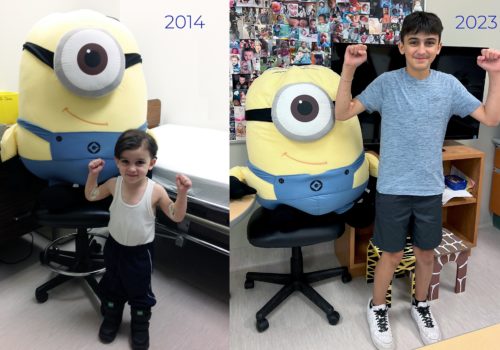 Manitoba: Nicholas's CHILD visits in 2014 (age 3) and 2023 (age 12)
Manitoba: Nicholas's CHILD visits in 2014 (age 3) and 2023 (age 12)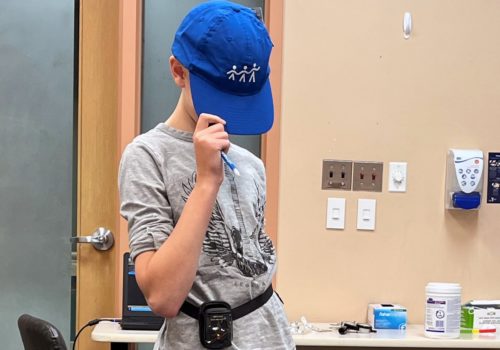 Manitoba: Owen posing in his new CHILD swag and Acc/GPS device
Manitoba: Owen posing in his new CHILD swag and Acc/GPS device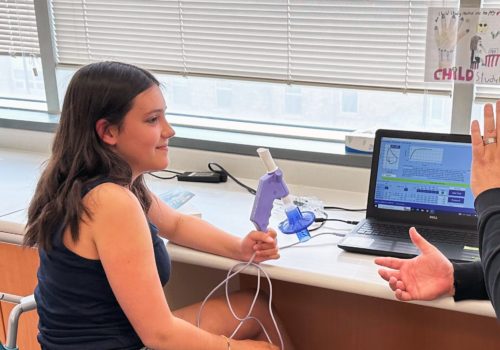 Manitoba: Juno prepares to take a spirometry test
Manitoba: Juno prepares to take a spirometry test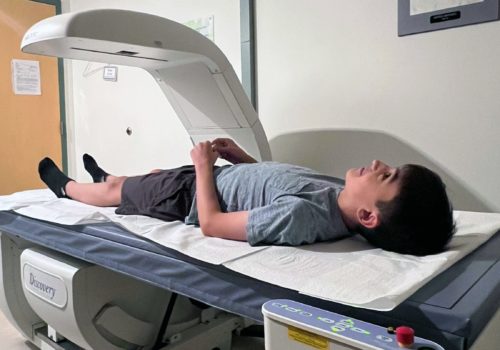 Manitoba: Nicholas at his 12-year visit
Manitoba: Nicholas at his 12-year visit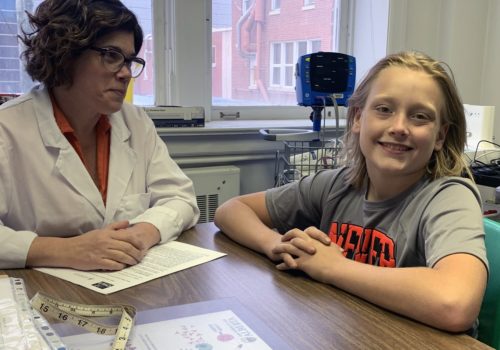 Edmonton: Research Assistant Fabiana with Study participant Brendan
Edmonton: Research Assistant Fabiana with Study participant Brendan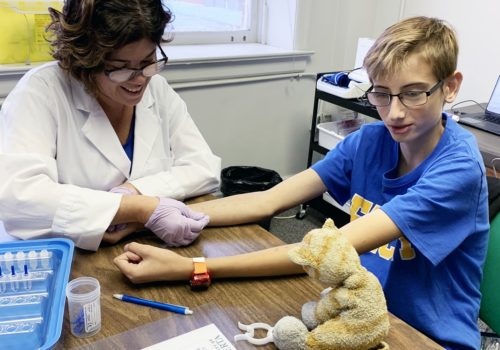 Edmonton: Research Assistant Fabiana with Ethan and Kitty
Edmonton: Research Assistant Fabiana with Ethan and Kitty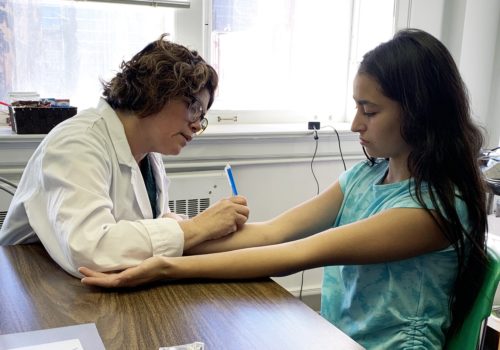 Edmonton: Research Assistant Fabiana conducts a skin prick test on Lila
Edmonton: Research Assistant Fabiana conducts a skin prick test on Lila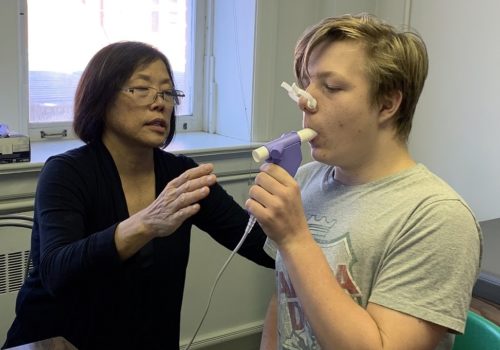 Edmonton: Site Coordinator Joyce Chikuma assists Jaimen with his spirometry test
Edmonton: Site Coordinator Joyce Chikuma assists Jaimen with his spirometry test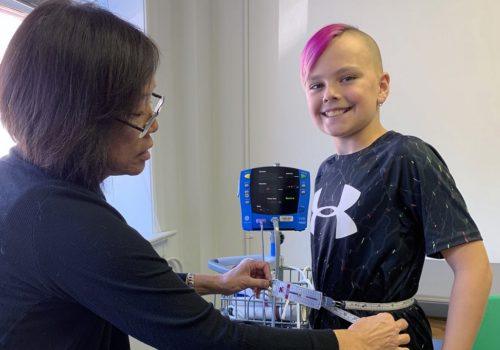 Edmonton: Site Coordinator Joyce Chikuma measures Lucas' waist
Edmonton: Site Coordinator Joyce Chikuma measures Lucas' waist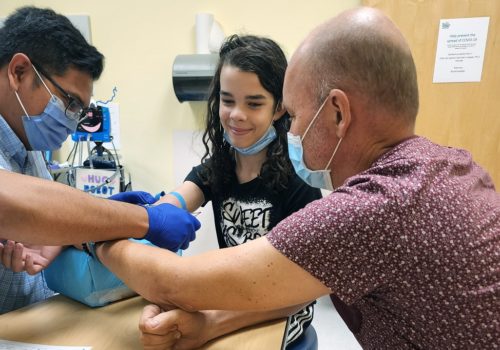 Vancouver: Site Coordinator Conrado Guzman with Max and Max's dad
Vancouver: Site Coordinator Conrado Guzman with Max and Max's dad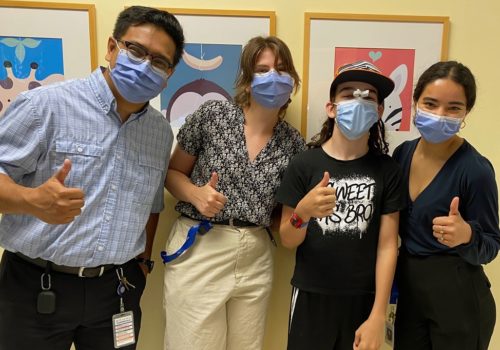
Vancouver: a successful clinical visit with Site Coordinator Conrado, Research Assistant Alex, CHILD participant Max and Research Assistant Claudia
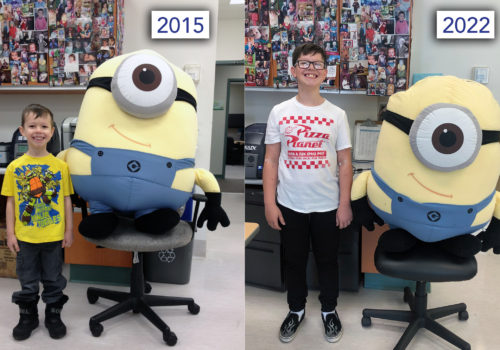 Manitoba: Nolin's CHILD visits in 2015 (age 4) and 2022 (age 12)
Manitoba: Nolin's CHILD visits in 2015 (age 4) and 2022 (age 12)